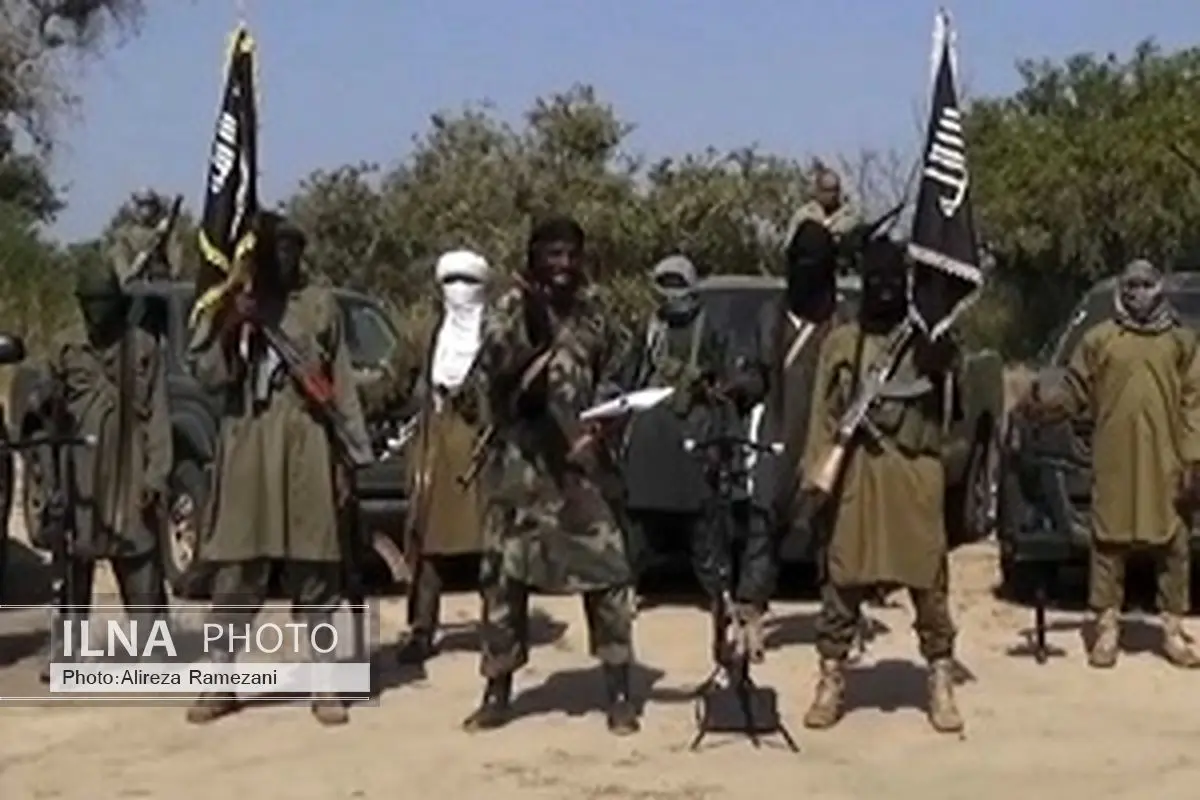Boko Haram and ISIS Are Collaborating More, U.S. Military Says

American military officials say that two of the world’s most feared terrorist groups — the ISIS and Boko Haram — have begun to collaborate more closely, raising alarm that they are working together to attack American allies in North and Central Africa.
On Wednesday, Brig. Gen. Donald C. Bolduc, the commander of the United States military’s Special Operations in Africa, cited a weapons convoy believed to be from ISIS fighters in Libya that was headed for the Lake Chad region, an area devastated by Boko Haram.
Military officials described the convoy as one of the first concrete examples of a direct link between the two extremist groups since Boko Haram pledged allegiance to the ISIS last year. The shipment, seized near the Chadian border with Libya on April 7, was carrying small-caliber weapons, machine guns and rifles, officials said.
The disclosure came during a tense series of meetings here in the capital of Chad between Samantha Power, the United States ambassador to the United Nations, and top officials like President Idriss Déby, who is expected to announce soon that he won recent elections and will begin his fifth term in office. He seized power in a coup and has governed Chad with a firm hand for 26 years.
Mr. Déby said Ms. Power had pressed him during their meetings about reports that dozens of Chadian soldiers who had voted for opposition candidates had suddenly disappeared.
“No one has disappeared,” Mr. Déby told reporters, standing next to Ms. Power after their meeting and responding to a query from a reporter. “They will be presented to the world on television.”
The exchange highlighted a central quandary of President Obama’s efforts to rein in the spread of extremism in Africa. In recent years, the continent has increasingly become a battleground in the West’s war against militant.
Administration officials insist that the increased influence of groups like Boko Haram, and now the ISIS, has some of its roots in the economic disparities and human suffering often brought on by authoritarian governments in which strongmen cling to power.
END
